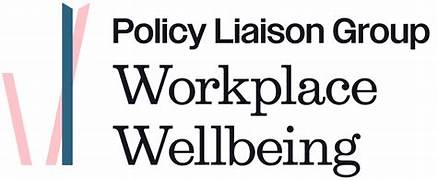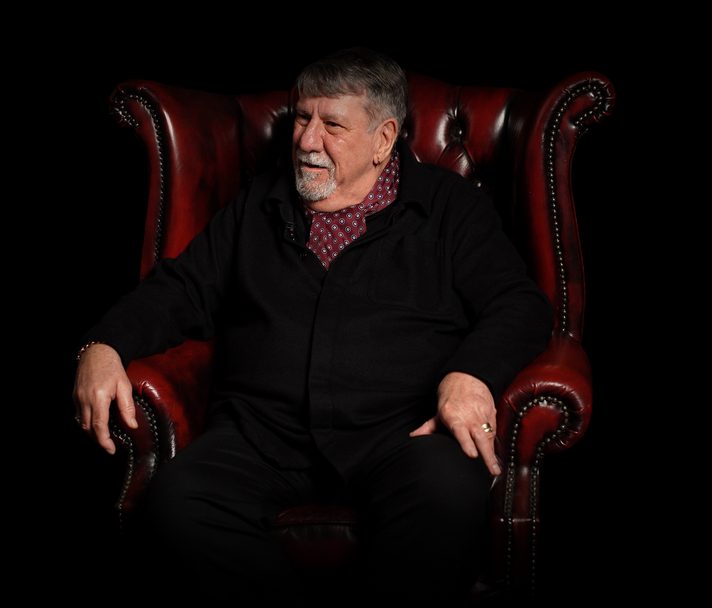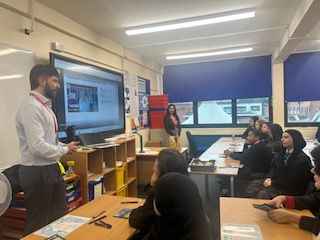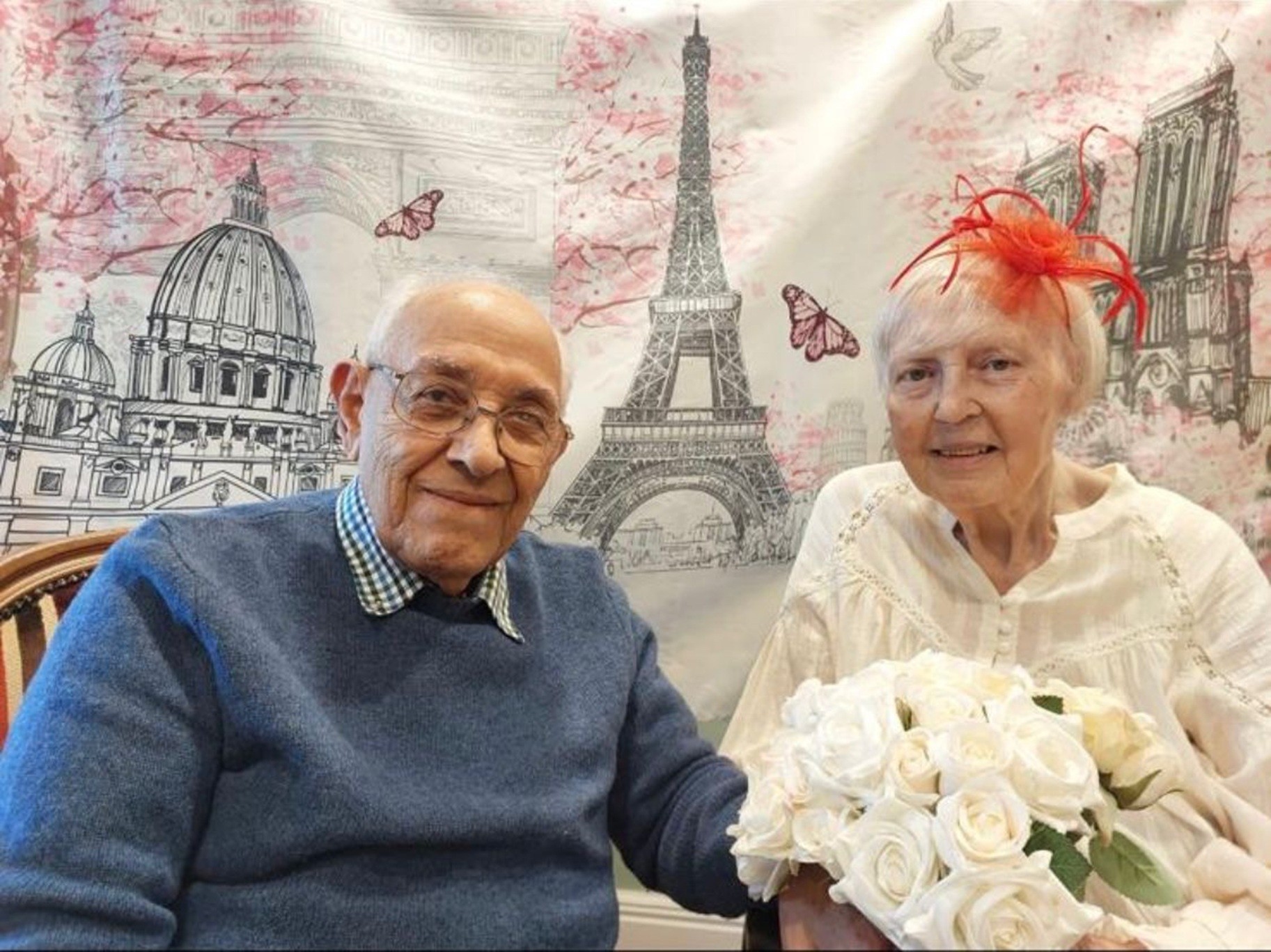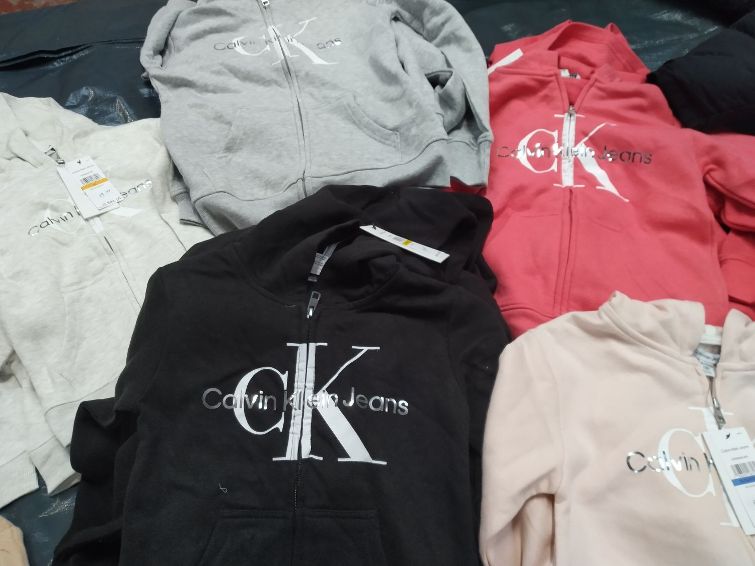A new survey of writers has yielded powerful evidence that writers have been more resilient to the impact of lockdown. Whether or not we see the next big literary success story, we are on track to see a flurry of new books, unlike new film and TV content where productions have stalled.
With book downloads and Kindle sales currently going through the roof, more content and talent discovery is fantastic for avid readers. And many more people have taken up reading since pandemic restrictions locked them into their homes.
The survey by Page Turner Awards, an award for published and unpublished fiction and non-fiction from all genres judged by high-profile experts from the literary world, tallied responses from writers across 15 different countries.
Surprise findings showed that 61% of writers are able to write more since the lockdown started.
This would indicate that the lockdown hasn’t had as big a restricting effect on the majority of those within the writing community as it has with many other leisure, social or employment pursuits.
Among the notable results:
- Looking at the percentage splits shows that 39% of writers are writing less during lockdown. However, 61% are writing more or about the same as they make the best use of their extra writing time.
- Being able to write more or about the same would be encouraging for the 34% of writers who write full time, so the lockdown hasn’t disturbed their main livelihood, unlike so many other professions and creative interest areas.
Writers who have been able to write more during lockdown claim they can write more due to home working freeing up more time and less socializing means more writing time. Unfortunately, 33% of those who are writing more are able to do so because they have lost their job.
The top reasons why people are writing less during lockdown is mainly due to new calls on their time, such as caring for family, more home working, and the need to do home-schooling.
One writer reported a serious block in creativity and had to find other methods to draw it out, saying the stress of the situation had stymied their creative process.
In the UK this ‘writing more trend’ is even more acute. Key results from UK writers revealed that nearly twice as many writers are finding it easier to write more, and writing a lot more than the survey average, with 60% of UK writers spending more time writing.
This has mainly been driven by a loss of job, using extra spare time to boost their writing output, with UK writers happy to turn to their passion for writing as a means of using their spare time positively. 70% of UK participants are part time writers.
Results from the US revealed that women were more likely to be full time writers, with 43% of all replies from US women were full time writers.
48% of writers surveyed in the US are writing less, a lot less, in fact, on average 30% less, and in many cases 100% less. The main reason for this shows the increased responsibility and time needed to care for family particularly, it would seem, by the many female writers who find themselves in this position. The most notable US result shows that only 28% of the American writers surveyed have been able to write more.
Co-Founder of Page Turner Awards, Paula Sheridan said, “It’s wonderful to see that writers are determined to use an increase in their spare time to dedicate to their writing ambitions.”
The Page Turner Awards, sponsored by ProWritingAid, gives writers and authors the chance to enter unpublished or published fiction and non-fiction books, where a group of literary agents will read the work. Two writers are guaranteed to be published.




